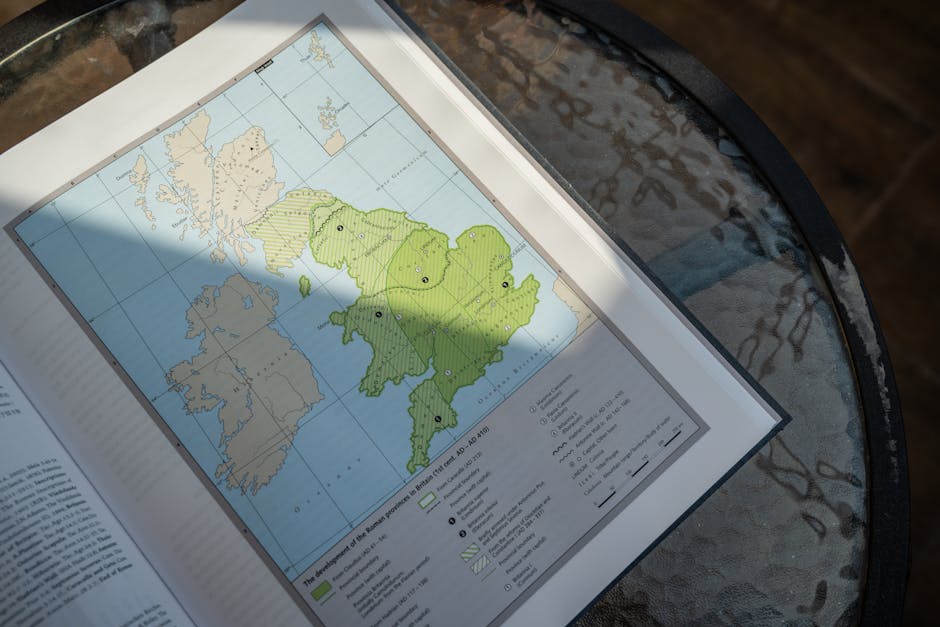History, often perceived as a collection of dates and events, possesses a far richer significance in the modern world. Its study, interwoven with archaeology, transcends the mere recounting of past eras. It offers profound insights into the intricacies of human behaviour, the development of societies, and the persistent challenges faced throughout time. Understanding these narratives is crucial for navigating the complexities of the present and shaping a more informed and just future.
A fundamental reason for the importance of historical study lies in its capacity to illuminate the roots of contemporary issues. Many of the problems plaguing societies today, from political conflicts to economic disparities, have their origins in historical events and decisions. Examining these precedents enables a deeper understanding of the underlying dynamics that drive present-day conflicts. For instance, examining the colonial past sheds light on enduring patterns of inequality, highlighting the systemic forces that continue to shape global power structures. The study of past political upheavals offers invaluable lessons about the fragility of peace, the appeal of extremist ideologies, and the importance of inclusivity.
Archaeological investigations, in particular, provide irreplaceable evidence to fill the gaps in written histories. Material culture tools, pottery, architecture often speaks volumes about the daily lives, social structures, and beliefs of past populations. These discoveries not only supplement our understanding of documented events but also reveal nuanced perspectives on human existence that would be absent without this tangible evidence. Excavations of ancient cities, for example, can unveil social hierarchies, trade routes, and religious practices, fostering a richer appreciation for human diversity and cultural evolution.
Furthermore, history and archaeology promote critical thinking and analytical skills. By examining past events and their diverse interpretations, students develop the ability to evaluate evidence, identify biases, and form informed judgments. This critical lens is applicable to all aspects of life, enabling individuals to engage more effectively with contemporary debates and to resist misleading narratives. An understanding of historical context allows a discerning approach to current affairs, helping to discern fact from fiction and to question assumptions.
Understanding the past also offers a rich source of inspiration and innovation. Looking at historical periods of creativity and progress unveils innovative ideas and solutions that have been lost to time or adapted through subsequent iterations. The development of scientific breakthroughs, artistic movements, and social reforms can all be explored through a historical lens, revealing crucial steps on the human journey. For example, studying the development of agricultural practices in ancient civilizations can provide valuable insights for sustainable food production methods in our own time.
Furthermore, history cultivates empathy and a global perspective. By engaging with the stories of diverse cultures and societies across time and place, individuals develop a deeper understanding of human experiences. This process fosters empathy, appreciation for the richness of human diversity, and tolerance for varying perspectives. Archaeological discoveries, which often highlight the interconnectedness of human populations across continents and millennia, further support this global perspective.
The study of history and archaeology is also essential for safeguarding our collective future. The lessons learned from past mistakes such as the devastating consequences of unchecked nationalism or environmental degradation can be invaluable in shaping more sustainable and equitable policies. The analysis of historical precedents concerning societal challenges, like famine, disease, or economic crises, offers insights for effective mitigation strategies in modern times. This understanding aids in proactive approaches to addressing contemporary concerns.
This crucial function extends to fostering a sense of cultural identity and belonging. History provides a framework for understanding the evolution of a nation, a community, or an individual’s personal lineage. It offers a tapestry of stories, connecting the present to the past and highlighting the shared experiences and achievements that bind people together. Archaeological discoveries can reinforce a sense of place, enriching local identities with invaluable historical context.
Ultimately, history and archaeology provide a crucial framework for understanding ourselves and the world around us. By exploring the complexities of human societies throughout time, we gain a deeper appreciation for our shared heritage, the diverse range of human experiences, and the continuous evolution of our civilization. This expanded perspective, fostered by a robust understanding of our past, enables us to face the challenges of the present and build a more informed, empathetic, and equitable future. It is a process of continual discovery, highlighting the interconnectedness of our past, present, and future.






